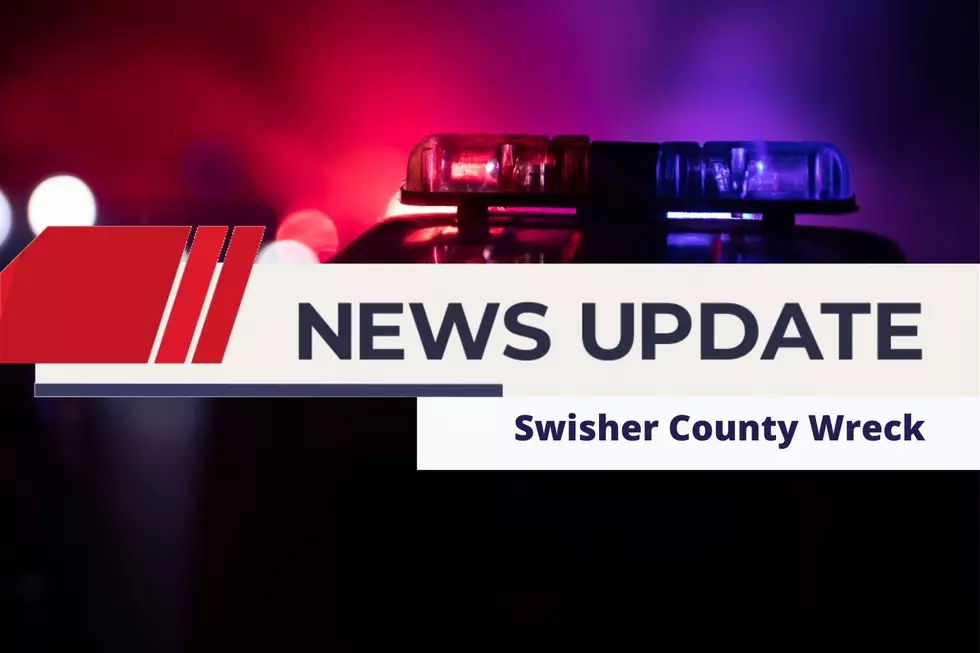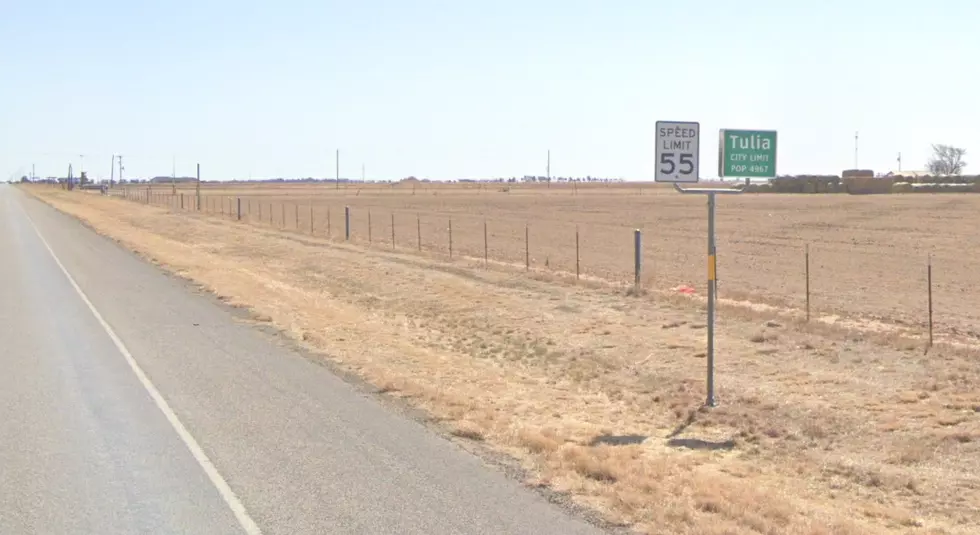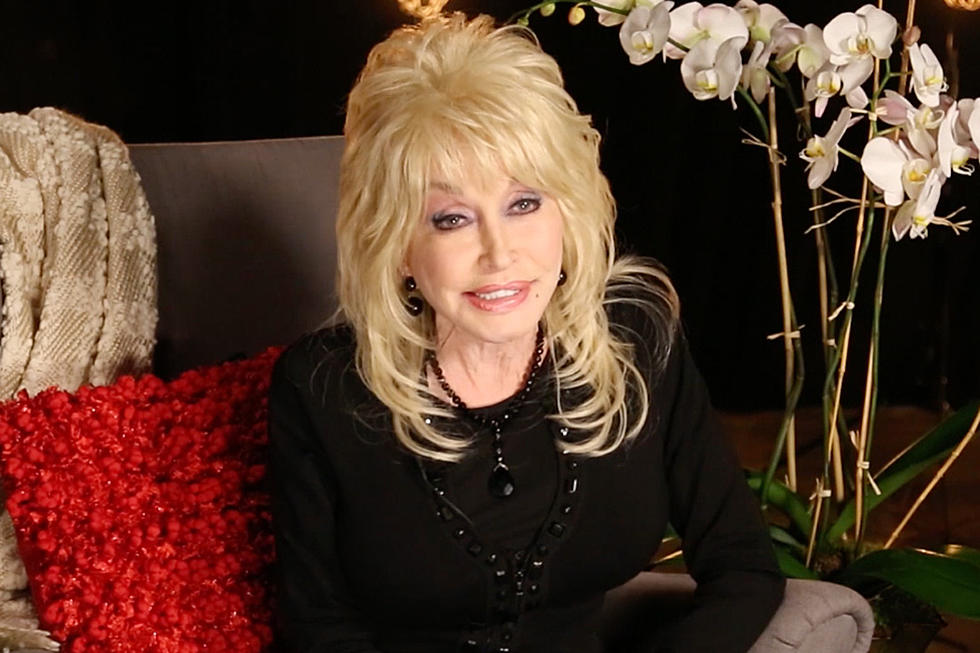
Behaving Badly! Improper Relationship With a Student Being Investigated
Here we go again. Another improper teacher-student relationship has been brought to light. This time the incident happened in Tulia.
How many times does it have to be said, If you are an educator, do not have inappropriate relationships with your students? One more time for the people in the back, if you are an educator, DO NOT HAVE INAPPROPRIATE RELATIONSHIPS WITH YOUR STUDENTS.
This will be said and will be continued to be said until it is heard and situations like this no longer happen.
According to a press release from Tulia ISD, the district received a report that an educator could be having an improper relationship with a student at Tulia High School. The school district opened an investigation into the allegations and informed law enforcement. The district also placed the teacher on paid leave while investigating.
Upon employment, each teacher joining Tulia ISD receives the Employee Handbook that lays out what is expected and what the teacher can and cannot do, and upon receiving and reading the handbook they sign an acknowledgment that they have read the handbook.
According to the Tuila ISD Employee Handbook, it states:
Standard 3.8 The educator shall maintain appropriate professional educator-student
relationships and boundaries based on a reasonably prudent educator standard.
Standard 3.9 The educator shall refrain from inappropriate communication with a student or minor, including, but not limited to, electronic communication such as cell phone, text messaging, email, instant messaging, blogging, or other social network communication. Factors that may be considered in assessing whether the communication is inappropriate include, but are not limited to:
(i) the nature, purpose, timing, and amount of the communication;
(ii) the subject matter of the communication;
(iii) whether the communication was made openly or the educator attempted to conceal the communication;
(iv) whether the communication could be reasonably interpreted as soliciting sexual
contact or a romantic relationship;
(v) whether the communication was sexually explicit; and
(vi) whether the communication involved discussion(s) of the physical or sexual
attractiveness or the sexual history, activities, preferences, or fantasies of either the educator or the student.
It is also common sense, not just for teachers but for any adult. You do not engage in relationships with minors.
The district will not release any confidential information about those involved or any details of the investigation.
If and when any formal charges are filed, more information will become readily available.
Teachers of the Texas Panhandle Behaving Badly
More From 101.9 The Bull









